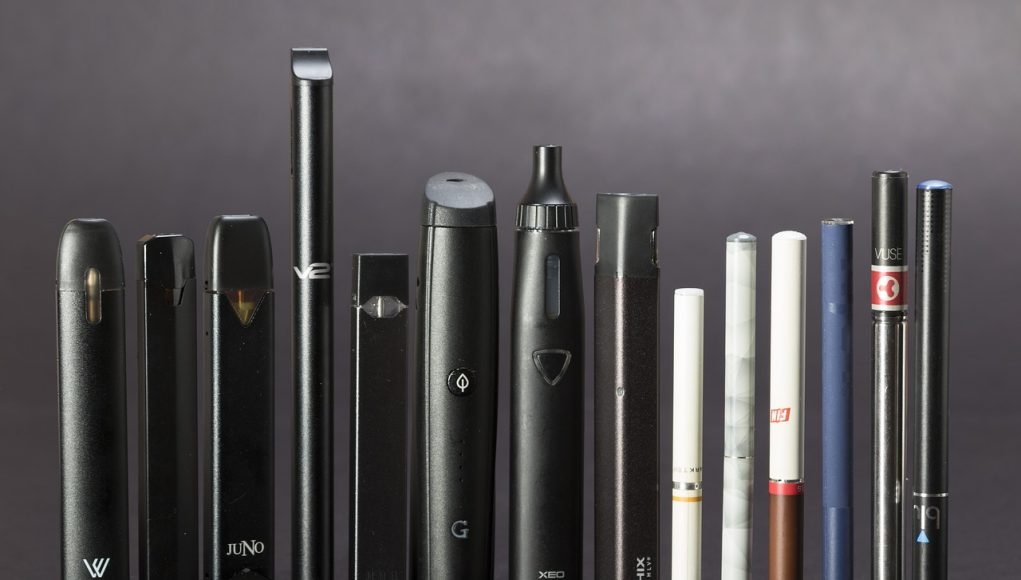Director general of ESMA, Abdulla Al Maeeni, had said that concern about the spread of unregulated e-cigarettes was among the reasons behind this decision, adding that many users have a “lack of knowledge of the ingredients used”. He said that by regulating sales, ESMA can ensure quality and safety standards.
The following January, the 2017 excise tax on tobacco was extended to include e-cigarettes, and other products, such as sugary drinks. In a series of tweets, the UAE Government Communication Office had said that the aim of this move was to “reduce consumption of harmful goods, prevent chronic illnesses linked to sugar and tobacco and help consumers make sensible healthy choices”.
“A tax of 100 per cent will be also levied on electronic smoking devices, whether or not they contain nicotine or tobacco, as well as the liquids used in electronic smoking devices,” added the government. “The decision aims at reducing the consumption of harmful products that put the health of people and the environment at risk.”
The Tax Stamp system promotes compliance standards
Meanwhile, in what is a measure intended to ensure that the local economy benefits from the legalization of shishas and e-cigarettes, the Federal Tax Authority (FTA) has just announced that the products must bear the local digital tax stamp (DTS) in order to be allowed locally.
The DTS system helps the FTA “improve its ability to collect excise tax charged” on such products on being imported or manufactured locally. It also enables “stakeholders to analyse the supply chain to better control illicit tobacco products”, added the tax authority. Moreover, it facilitates the implementation and adherence to compliance standards.
The DTS facilitates customs’ procedures
Since the digital stamps will be placed on the products, and registered in a database, the DTS system also “facilitates inspection and control at customs outlets and local markets”. The stamps contain data that can be read with a special device to ensure that any due taxes have been paid.
“When orders are made for these stamps, they are sent to factories to be placed individually. This will ensure each package is tracked to the port of entry of each country, with the supplier submitting the permit form and the fees for the digital stamps … This will ensure all digital stamps are registered and tracked through a central database,” said the FTA.
Read Further: Khaleej Times








